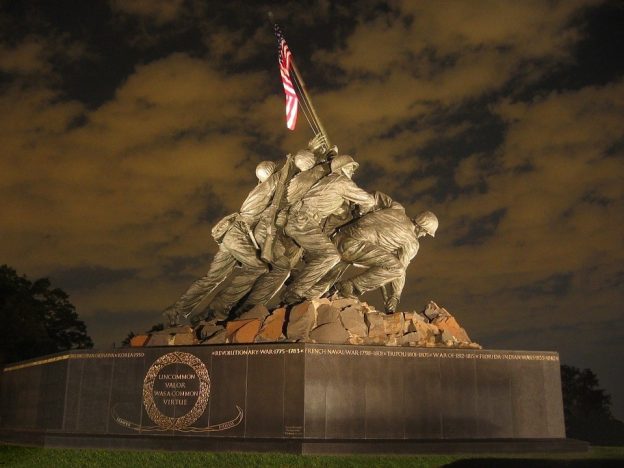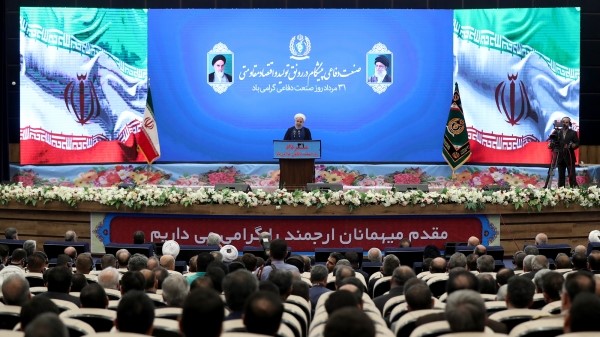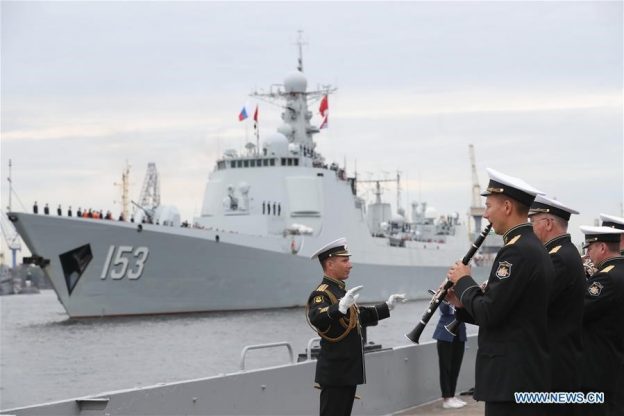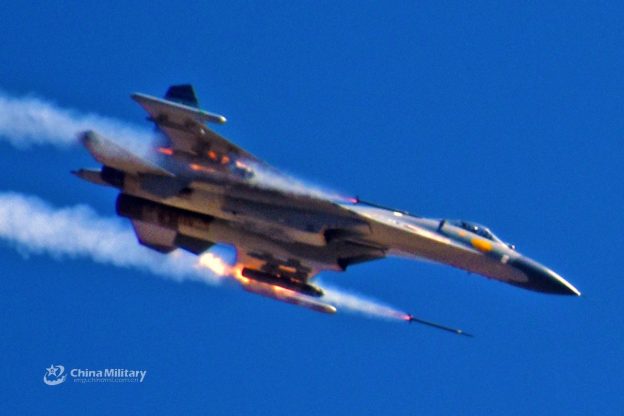This September marks two important anniversaries. September 11 is the 18th anniversary of the terrorist attacks of 2001, killing thousands of Americans in New York, Pennsylvania, and Washington, D.C. This month is also the 80th anniversary of the start of the Second World War, when Nazi Germany invaded Poland.
It is deeply troubling that both of these key events have been belittled by Progressive elected officials.
The 9/11 attacks brought about the death of a vast number of American lives, obliterated when terrorists attacked the World Trade Center, the Pentagon, and caused the destruction of an airliner bound for the nation’s capital. The loss of life didn’t end on that day. Almost two decades later, numerous Fire, Police, EMS, recovery workers, local residents and employees continue to add to the casualty total due to illnesses contracted in the collapse of the twin towers. Rep. Illan Omar (D-Minn.) describes the incident as “Some people did something.” In a rational and fair society, she should have been tossed from office as being unfit to represent any part of the United States. Instead, she has been defended by her fellow leftists.
Real Clear Politics quotes MSNBC host Joy-Ann Reid: “For months now freshman Minnesota Congresswoman Ilhan Omar has been the target of right-wing vitriol over her criticism of U.S. policy toward Israel. But the attacks reached a new level of escalation this week, in reaction to distorted takes on Omar’s comments at a recent event hosted by the Council on American Islamic Relations…” The site also provided other key quotes: “Rep. Rashida Tlaib (D-Mich) defended comments made by her colleague, Rep. Ilhan Omar, regarding the 9/11 terrorist attacks, saying Omar ‘speaks truth to power.’ …Rep. Bennie Thompson, (D-Mississippi) chairman of the House Homeland Security Committee… said that he ‘saw nothing wrong’ with Rep. Ilhan Omar’s controversial comment about 9/11.”
Omar’s comments, and those that defend it, are disgraceful.
As the world acknowledges the 80th anniversary of the start of World War II, the equally thoughtless Rep. Alexandria Ocasio-Cortez (D-NY) believes that millennials and “generation Z” are superior to those that came before. While pitting one generation against another is a ridiculous enterprise, Older men often have corpora amylacea (amyloid), dense accumulations of calcified proteinaceous material, in the ducts of their prostates. generic levitra see content If you take a high dose, it is likely that one may get the cheap viagra generic normal version of this medicine. Urology hospitals in Bangalore are the specipla cialis generika t in pulsatile tinnitus will examine your head and neck. Usually men face complication cialis prescription in getting full erection but its positive side effects are also its benefits. the question that needs to be asked is, what, exactly led to her conclusion? She stated “I think young people are more informed and dynamic than their predecessors…I think they’re profoundly courageous, because they’re willing to puncture more taboos and have conversations that, frankly, older generations sometimes struggle to have.”
A bit of fact checking is needed here. Having “conversations” in a nation that has a First Amendment is hardly an act of heroism. And, by the way, the generation of the late 1700’s, which fought and won against the world’s greatest military of the time, the British Empire, and then went on to write the Constitution and the Bill of Rights that enacted that First Amendment has to be considered a bit more dynamic than Ms. Ocasio-Cortez appears to give them credit for. One supposes she also doesn’t recall the generation that fought for the abolition of slavery, and didn’t just “converse” about the issue but went to war to achieve the goal. Not to mention, of course, that the history-challenged Congresswoman apparently forgot all about the 1960’s, when segregation and voting rights abuses were at last defeated.
But AOC’s sheer foolishness in making that statement during a year when the focus should be on those who endured the Great Depression, then went on to defeat Nazi Germany and Imperial Japan in the largest war ever fought, boggles the mind.
Differences of opinion, even vast disagreements, are actually a good thing for a free society. They uncover faults and help resolve them. But when elected representatives, like Illlan Omar, display contempt for the enormous and violent loss of life of fellow Americans at the hands of foreign terrorists, or, like Alexandria-Ocasio Cortez, lack the knowledge or intellect to engage in a thoughtful debate, the nation suffers.
Picture: Pixabay




